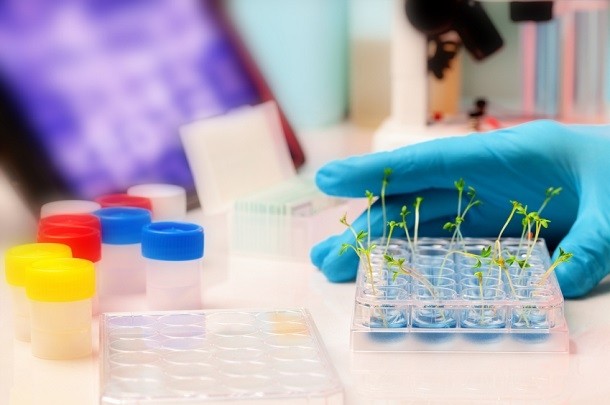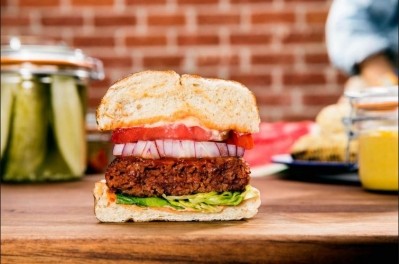Citizen petition to prohibit non-GMO claims as misleading likely won’t gain traction, attorneys predict

ITIF argues in the Citizen Petition that FDA should prohibit on consumer goods non-GMO claims, including the Non-GMO Project butterfly logo and label, based on allegations the claims and logo are “intrinsically and inescapably misleading.”
The Non-GMO Project dismissed the allegations as “based on errors and misrepresentations,” and it does not expect the petition to gain traction with the FDA.
“While it’s not surprising that” a biotech-backed think tank “opposes the public’s right to know whether or not their food contains GMOs, the petition is factually inaccurate and fundamentally biased,” Kristen Wheeler, communications manager for the Non-GMO Project, told FoodNavigator-USA.
Do non-GMO claims mislead consumers?
In the petition, ITIF argues, “consumers who see the Non-GMO Project butterfly logo are unavoidably misled on multiple levels. First, they are wrongly led to believe items carrying the label are safer to consumer than those that do not.”
The organization claims the Non-GMO Project does this by drawing a “nonsensical line to separate ‘GMOs’ from ‘Non-GMOs’ by creating ‘risk categories’ for different genetically modified products.
This taxonomy, along with “representations made by the Non-GMO project throughout their website and presence in various [forms], including social media, make it clear they are overtly asserting and representing that negative health consequences are associated with consumption of ‘GMO’ foods,” according to the petition.
For support, it points to an answer on the Non-GMO Project website to a frequently asked question that says “a growing body of evidence connects GMOs with health problems, environmental damage and violation of farmers’ and consumers’ rights.”
While it counters these assertions by pointing to studies, such as those reviewed by the US National Academy of Sciences, that support GMO safety, the petition does not provide research to show that consumers interpret non-GMO claims as related to health and safety concerns.
Non-GMO claims are likely protected by the constitution, and industry support
Health and wellness attorney Ivan Wasserman, who is managing partner with the firm Amin Talati Upadhye, notes that this lack of evidence weakens the petition’s central argument that non-GMO claims are misleading and therefore constitute misbranding.
He also said that prohibiting such claims is a big ask in that “even commercial speech like this is protected to some degree by the First Amendment.” As such, he added, the prohibition would “likely be challenged on Constitutional grounds and would have to overcome substantial hurdles to survive.”
He added that “while FDA could state its position in a guidance document, warning letter, or other type of document, that a particular claim is misleading, a legally enforceable ban or prohibition on this or any claim would require at least a change in the regulations, and perhaps even a change in the law by Congress, neither of which is likely to happen any time soon.”
In addition, Bruce Silverglade, a principal at OFW Law who focuses on food labeling and advertising claims, notes that any attempt by FDA to prohibit the claims likely would receive substantial pushback from industry.
“Many food companies now use the Non GMO certification. The petition would thus not receive the full support of the food industry,” he noted.












